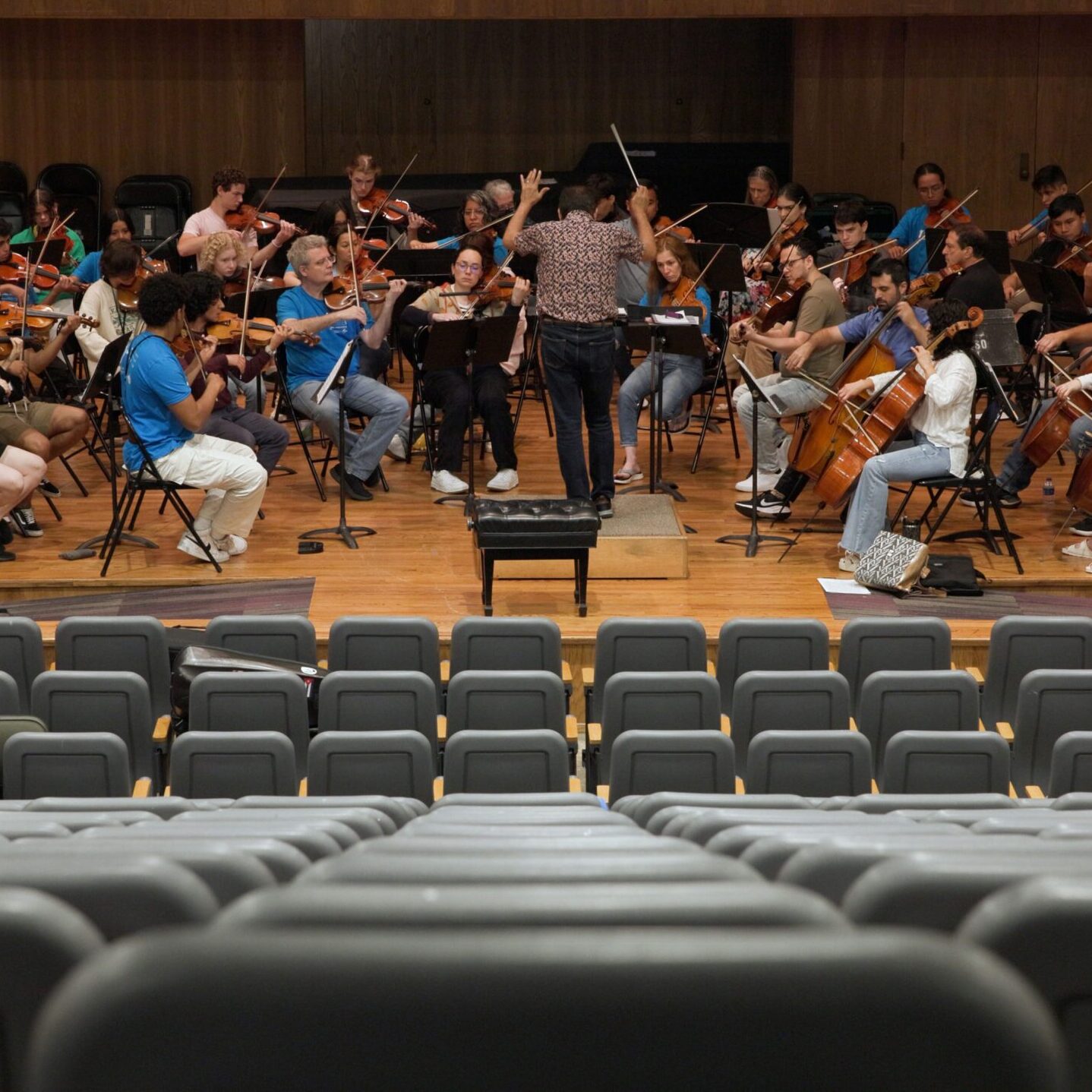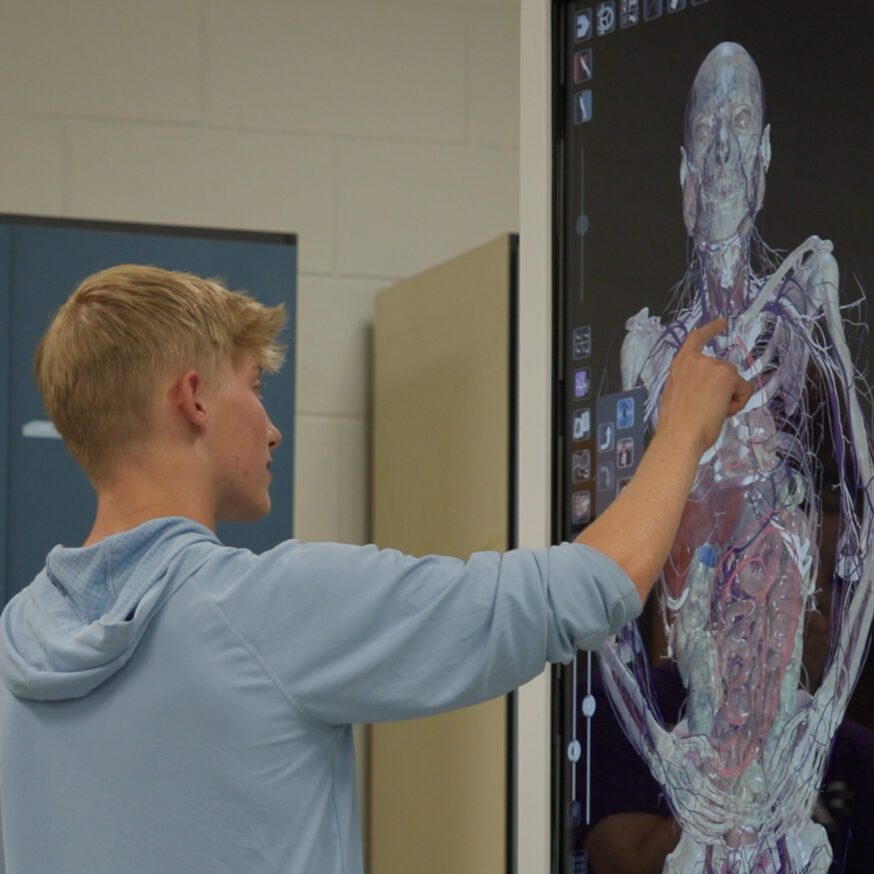Human Subjects Review Committee
The Human Subjects Review Committee is a committee that performs ethical reviews of proposed research involving human subjects. It is charged with protecting the rights and welfare of human research subjects. The 3 areas for protecting human research subjects are (1) respect for persons, (2) beneficence and (3) justice. These 3 principles are now accepted as the 3 requirements for the ethical conduct of research involving human subjects (“The Belmont Report: Ethical Principals and Guidelines for the Protection of Human Subjects of Research”).
Researchers may contact Dr. Sabrina Grondhuis (Psychology) with questions.
General Information
If you are submitting a proposal for the committee’s review, please use this form.
Please submit, in addition to your proposal, an informed consent, a debriefing form and any other additional materials that are necessary to be reviewed, such as specific questionnaires you plan to use or structured interview scripts. See below for some sample form templates.
Useful Links
- The Belmont Report — A report titled “Ethical Principles and Guidelines for the Protection of Human Subjects of Research”
- OHRP — Office for Human Research Protections
- WHO — World Health Organization
Human Subjects Review Committee FAQ
What is Human Subjects Research?
“Research” refers to a systematic investigation designed to develop or contribute to generalizable knowledge. This usually implies collection and analysis of data the researcher hopes to report in a scientific publication or at a professional meeting, but that isn’t always the case. “Human subject research” is research where the investigator obtains from a living human individual (1) data through intervention or interaction with the individual or (2) identifiable private information.
How do I know if my research project needs to be reviewed?
ALL research involving human subjects must be reviewed by the Human Subject Review Committee before research can begin.
Are there any examples of activities that don’t need to be reviewed?
The following are specifically excluded from the definition of human subjects research and do not need to be reviewed by this committee:
- Interviews used to provide quotes or singe illustrative statements, such as those used in journalism;
- Gathering of information from a person to elucidate a particular item (or items) in a museum collection;
- Gathering of information from a person to assess suitability for and/or supplement a public program or cultural performance; or
- Survey procedures, interview procedures or observations of public behavior that are conducted for Millsaps internal purposes (program evaluation) only, the results of which will not be published or presented in a public setting (e.g., at conferences or professional meetings).
If I am just talking to people and there are no experiments or clinical trials, do I need human subjects approval?
Yes, federal regulations define human subjects research to broadly cover interactions as well as interventions with human subjects for research purposes. Surveys, interviews, questionnaires, oral history interviews, etc., are all covered by the federal regulations. Approval must be obtained prior to beginning any research.
If I have additional questions or need help completing an application to have my research reviewed by the committee, who do I contact?
If you have additional questions or need help with forms, please contact Dr. Sabrina Grondhuis.
A complete research submission includes:
- Completed proposal form
- Informed consent
- Debriefing form
- Proof of IRB/ethics training
- Any additional materials such as interview questions, surveys, etc., that will be administered to the participants

Latest News
Dentists’ Dreams Took Root at Millsaps
I loved that it was cool to be smart, to want to study, to want to succeed.

VIDEO: Premier Orchestral Institute
Everyone is having a blast. We are so thankful that we have a place we can call the home of POI in Millsaps — for many years now.

VIDEO: Camp MRI — Medical Readiness Initiative
My hope is that by exposing kids to so many different forms of healthcare, they wouldn’t just say ‘I want to help people,’ they would know how they could.

Millsaps Launches AI & Emerging Technology Center with $1 Million Grant
This investment affirms what Millsaps does best: prepare people to think, lead and innovate.
